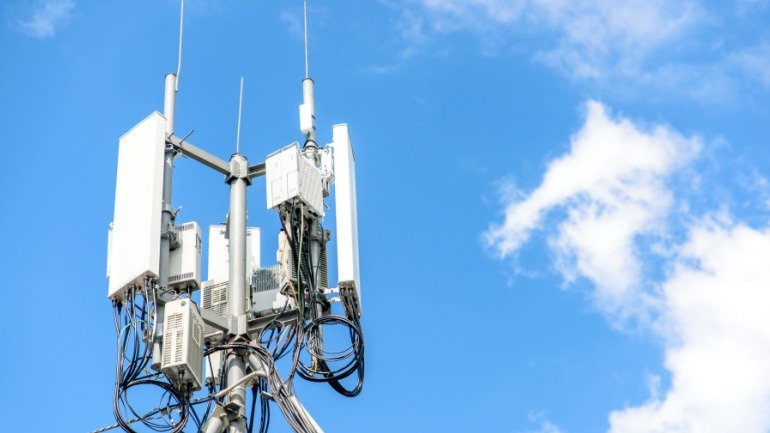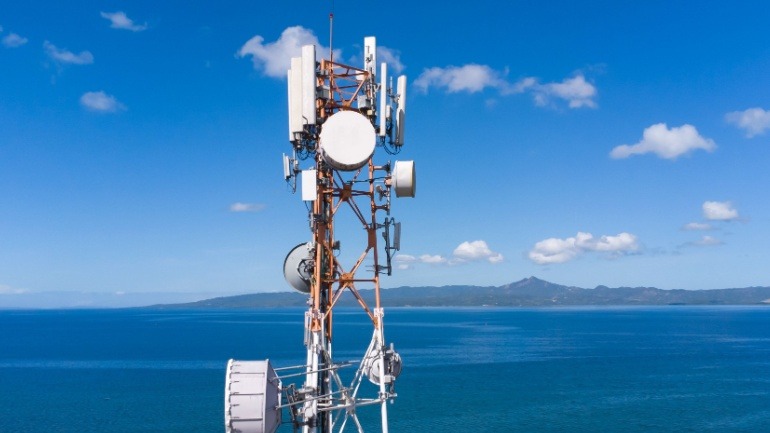Vodafone Idea is advancing India’s telecom infrastructure by expanding its 5G network to 23 more cities, including Ahmedabad and Jaipur. This strategic rollout leverages AI-driven Self-Organising Networks for optimized performance. By partnering with Nokia, Ericsson, and Samsung, Vodafone Idea ensures robust 5G coverage.
Ericsson and e& UAE have embarked on a transformative three-year initiative to enhance the UAE’s 5G network. By deploying Ericsson’s cutting-edge radio technology, the collaboration aims to introduce 5G Advanced features and achieve a significant commercial rollout of Reduced Capability in the Middle East and Africa.
Verizon Business is revolutionizing the UK’s industrial sectors by turning them into digital highways through strategic partnerships like the one with Thames Freeport. This ambitious project leverages 5G technology to propel AI and IoT applications in manufacturing and logistics, aiming for 200% revenue growth by 2025.
At MWC Shanghai 2025, China Telecom and Huawei introduced Intelligent Ultra Pooling Uplink, a 5G Advanced innovation that boosts uplink speed, reduces delays, and improves coverage. Powered by AI, it enables seamless data transmission for smart devices, enhances energy efficiency, and supports real-time applications.
Verizon and Nokia are deploying six private 5G networks across Thames Freeport to transform UK logistics and manufacturing. Spanning 1,700 acres, the project supports advanced technologies like AI and IoT at key sites including Port of Tilbury, London Gateway, and Ford’s Dagenham plant.
M1’s partnership with Ericsson promises to revolutionize Singapore’s 5G transport network by integrating cutting-edge automation and analytics tools. This collaboration focuses on enhancing network visibility, control, and energy efficiency, making use of AI and machine learning. M1’s initiatives are set to boost connectivity, sustainability, and enterprise efficiency.
The Swedish Armed Forces have joined the NorthStar programme to explore 5G’s potential in military operations. This partnership with Telia and Ericsson focuses on secure communications, mission-critical functions, and temporary networks, strengthening Sweden’s defense through private sector innovation and advanced technology.
stc Bahrain has entered a pivotal agreement with Huawei to accelerate 5G-Advanced technology and AI services. This partnership, focusing on digital transformation, aims to provide innovative AI-driven solutions and 5G mobile private networks, enhancing enterprise sectors.
Nokia secured a four-year contract extension with Elisa to upgrade mobile networks in Finland and Estonia. The deal includes deploying energy-efficient 5G equipment, enhancing speed, coverage, and capacity. New technologies will support advanced applications in artificial intelligence, augmented reality, virtual reality, and industrial automation.
Inseego and T-Mobile have partnered to launch the FX4100, an advanced indoor 5G gateway for businesses. Featuring 5G Standard Access, uplink carrier aggregation, and network slicing, it enables enterprises to adopt wireless as their primary connectivity. The FX4100 offers easy management, broad coverage, and supports demanding applications.













